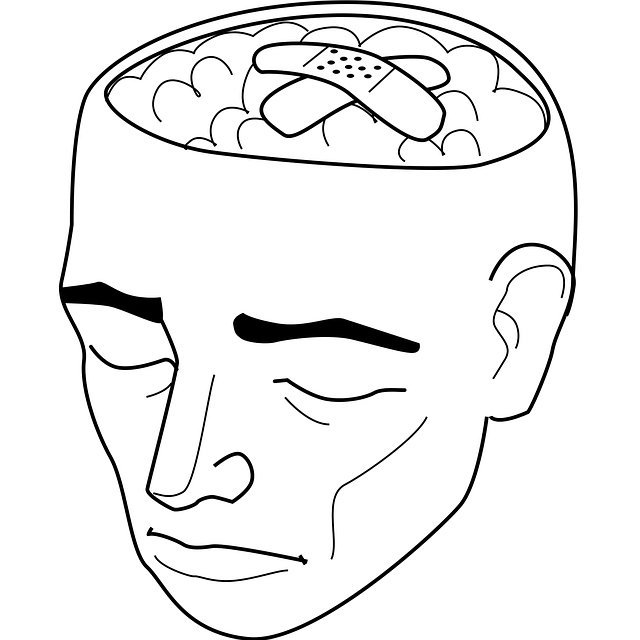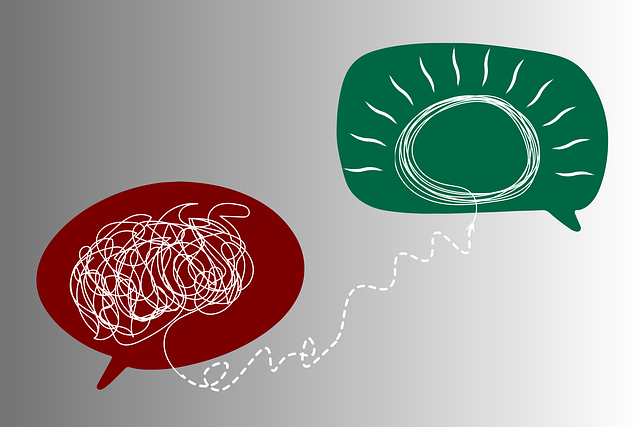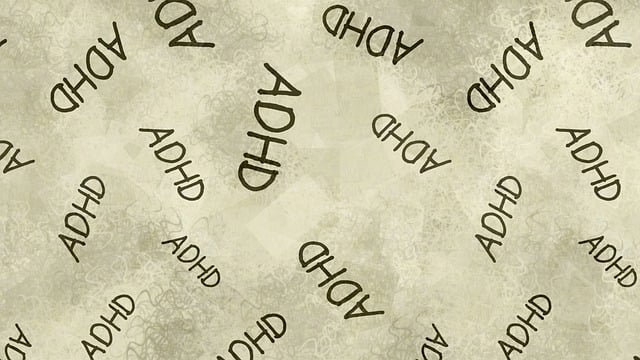Mental wellness apps have a significant role in supporting young children's emotional well-being, addressing anxiety, stress, and pain management. Marketing should focus on accessibility, highlighting tools for burnout prevention and stress management. Targeted content educating parents on early emotional development is key to engagement. Apps offer interactive games and virtual environments tailored to diverse therapeutic needs, but challenges include data privacy and evidence-based design. The growing market demands culturally competent apps addressing specific mental health concerns prevalent among younger demographics, with specialized features like interactive learning games or AI-driven pain management plans differentiating apps from competitors. Engaging parents through educational content, relatable storytelling, targeted ads, and collaborations with healthcare professionals is crucial for app adoption and success in therapy for young children and pain management.
In today’s digital age, mental wellness apps offer promising solutions for young children’s therapy, particularly in pain management. This article delves into a comprehensive marketing strategy development guide for mental wellness apps targeted at young users. We explore the unique needs of pediatric patients and the role of digital tools in therapy. Through a market analysis, we identify gaps and opportunities while highlighting existing apps. Key strategies are outlined to differentiate your app, engage parents, and captivate children, ensuring effective promotion and adoption in this competitive landscape.
- Understanding the Target Audience: Young Children and Their Mental Health Needs
- The Role of Digital Apps in Pediatric Therapy: Benefits and Challenges
- Market Analysis: Exploring Existing Mental Wellness Apps for Kids
- Developing a Unique Value Proposition: Differentiating Your App from Competitors
- Marketing Strategies to Reach and Engage Parents and Children
Understanding the Target Audience: Young Children and Their Mental Health Needs

Mental wellness apps have a unique opportunity to reach and support young children as they navigate their emotional landscapes. Understanding the specific mental health needs of this demographic is paramount in developing effective marketing strategies. Young children often face challenges related to anxiety, stress, and emotional regulation, which can stem from various factors such as school pressure, peer interactions, or even experiencing trauma.
Marketing efforts should focus on highlighting the app’s ability to provide accessible therapy for young children, addressing issues like pain management and promoting healthy coping mechanisms. By emphasizing the app’s contribution to burnout prevention and stress management, developers can appeal to parents and caregivers concerned about their child’s emotional well-being. Targeted content that educates families on the importance of early emotional development and offers practical solutions through interactive tools will be key to engaging this audience.
The Role of Digital Apps in Pediatric Therapy: Benefits and Challenges

Digital apps have emerged as powerful tools in pediatric therapy, offering innovative ways to support young children’s mental wellness and development. These applications provide accessible and engaging platforms for therapists to deliver interventions tailored to individual needs. From interactive games that teach emotional regulation to virtual environments facilitating social skills practice, apps cater to diverse therapeutic goals. For instance, apps designed for pain management can help kids cope with chronic conditions by teaching relaxation techniques and offering distraction strategies through gamification.
While the benefits are substantial, there are challenges to consider. Ensuring data privacy and security is paramount when dealing with sensitive pediatric information. Additionally, app effectiveness relies on evidence-based design and regular updates to keep up with evolving therapeutic practices. Moreover, integration into established therapy models requires careful planning, as digital interventions must complement rather than replace traditional methods. Effective risk management planning for mental health professionals, including supervision and ongoing training, is crucial to navigate these challenges and leverage apps’ potential in pediatric therapy, enhancing outcomes for young patients through modern, engaging approaches.
Market Analysis: Exploring Existing Mental Wellness Apps for Kids

The market for mental wellness apps is rapidly growing, especially with a dedicated focus on children’s mental health. In this digital age, many parents and caregivers are turning to technology as an accessible tool to support young ones dealing with various challenges. A thorough analysis of existing apps reveals a diverse range of offerings, catering to issues such as anxiety, stress, and even pain management in children. These apps often incorporate interactive games, mindfulness exercises, and virtual therapy sessions designed to improve emotional regulation skills.
By studying the competition, developers can identify gaps in the market, particularly when it comes to addressing specific mental health concerns prevalent among younger demographics. For instance, there is a growing need for apps that cater to cultural competency within healthcare settings, as evidenced by increasing demands for training programs like those aimed at improving risk management planning for mental health professionals. Such insights will help guide the development of innovative solutions, ensuring that therapy for young children is both effective and culturally sensitive.
Developing a Unique Value Proposition: Differentiating Your App from Competitors

In today’s digital age, there’s a plethora of mental wellness apps available, each vying for users’ attention. To stand out from the crowd, developing a unique value proposition is paramount. Your app should offer something distinct and compelling that sets it apart from competitors, especially in niche areas like therapy for young children or pain management. For instance, instead of merely providing generic counseling tools, focus on innovative features tailored to these specific needs. Incorporating elements like interactive games for emotional learning in kids’ therapy or personalized pain management plans based on AI-driven assessments can be game-changers.
By offering specialized solutions, you cater to users’ unique challenges and foster a sense of community. Consider implementing features that encourage user engagement, such as mental wellness journaling exercises with guidance, progress tracking tools, or even community outreach program implementations where users can connect with like-minded individuals. These strategies not only enhance the app’s appeal but also contribute to inner strength development, ensuring your target audience finds lasting value in your offering.
Marketing Strategies to Reach and Engage Parents and Children

Reaching and engaging parents and children is a pivotal aspect of marketing mental wellness apps, especially those catering to young users and their emotional well-being. One effective strategy is to create content that educates parents on the benefits of early intervention for mental health issues, such as therapy for young children and pain management techniques. Highlighting the importance of emotional regulation and self-awareness exercises tailored for kids can pique parental interest in apps offering these tools.
Utilize engaging visuals and relatable storytelling to showcase how these apps teach children coping mechanisms using mind over matter principles. Targeted ads on social media platforms, parent forums, and parenting blogs can effectively reach this audience. Collaborating with pediatricians and child psychologists to endorse the app’s safety and efficacy is another powerful marketing tool. By appealing to parents’ desire to support their children’s mental health and overall development, you can successfully draw them into trying these innovative solutions.
In developing a marketing strategy for a mental wellness app focused on young children, it’s crucial to navigate the intersection of pediatric therapy needs and digital solutions. By understanding the unique challenges surrounding children’s mental health, leveraging the benefits of apps in therapy, and differentiating your offering through a compelling value proposition, you can effectively reach parents seeking innovative tools for their child’s well-being. Incorporating targeted marketing strategies that engage both parents and children will ensure your app stands out in a growing market, providing much-needed support for young minds and contributing to effective pain management.










